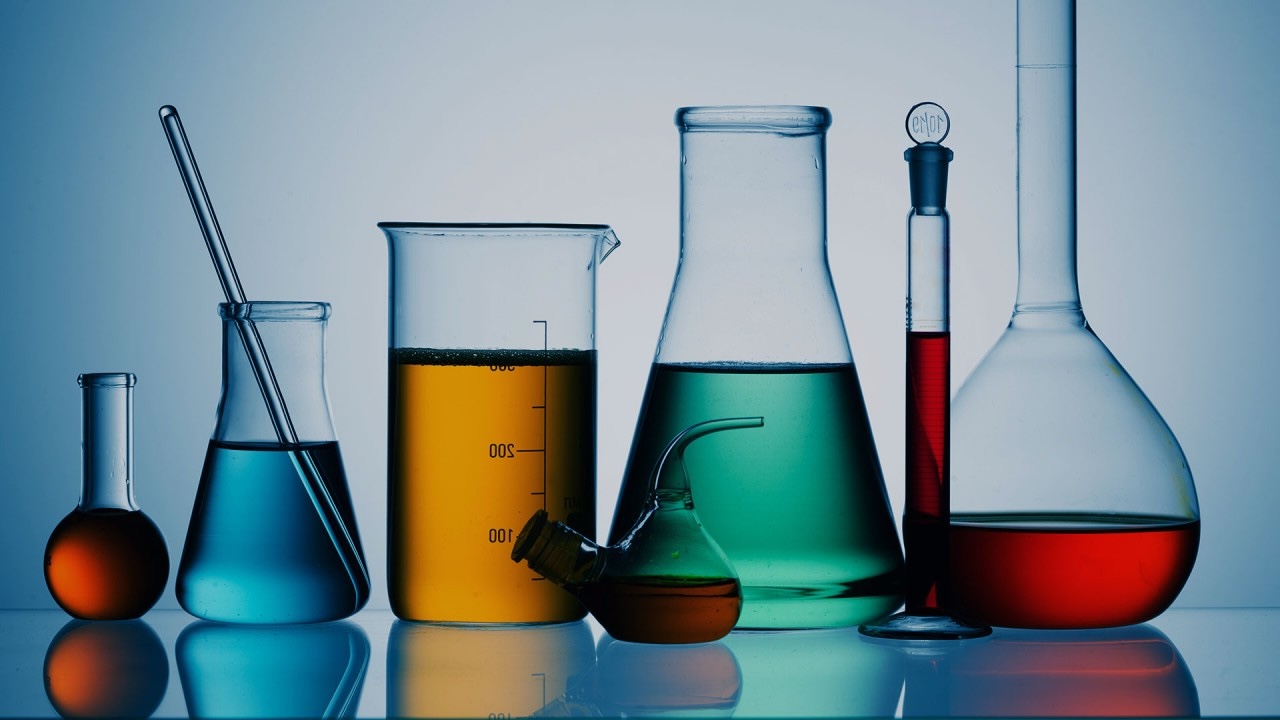
Experimentation is the backbone of scientific discovery, driving progress in countless fields. But what makes it so crucial? Experimentation allows scientists to test hypotheses, gather data, and draw conclusions based on evidence. Without it, our understanding of the world would be limited to mere speculation. From the simple experiments of ancient civilizations to the complex procedures in modern laboratories, experimentation has always been a key tool for innovation. Whether you're a student curious about the scientific method or a seasoned researcher, understanding the importance and history of experimentation can provide valuable insights into how we learn and grow. Ready to dive into some fascinating facts about experimentation? Let's get started!
What is Experimentation?
Experimentation is a method used to test hypotheses and observe outcomes. It helps scientists, researchers, and even students understand how things work. Here are some fascinating facts about experimentation.
-
The word "experiment" comes from the Latin word "experimentum," meaning "a trial" or "test."
-
Ancient Egyptians used early forms of experimentation to develop medical treatments.
-
Galileo Galilei is often called the "father of modern experimental science" for his work in physics and astronomy.
-
The scientific method, which includes experimentation, was formalized in the 17th century.
-
Controlled experiments are designed to minimize variables, ensuring that results are due to the factor being tested.
Famous Experiments in History
Some experiments have changed the course of history. These groundbreaking studies have provided insights that continue to influence modern science.
-
Isaac Newton's experiments with prisms led to the discovery that white light is composed of different colors.
-
Gregor Mendel's pea plant experiments laid the foundation for the field of genetics.
-
The Michelson-Morley experiment disproved the existence of "aether," a substance once thought to fill space.
-
Marie Curie's experiments with radioactive materials earned her two Nobel Prizes.
-
The Milgram experiment explored human obedience to authority, revealing unsettling aspects of human behavior.
Modern Experimentation Techniques
Today's scientists use advanced techniques to conduct experiments. These methods allow for more precise and accurate results.
-
Double-blind experiments ensure that neither the participants nor the researchers know who receives the treatment, reducing bias.
-
Randomized controlled trials are the gold standard in clinical research, providing reliable data on treatment efficacy.
-
Computer simulations allow researchers to model complex systems and predict outcomes without physical experiments.
-
CRISPR technology enables precise editing of genes, revolutionizing genetic research.
-
High-throughput screening allows scientists to test thousands of compounds quickly, speeding up drug discovery.
Ethical Considerations in Experimentation
Ethics play a crucial role in experimentation. Researchers must ensure that their studies are conducted responsibly and with respect for all participants.
-
The Nuremberg Code, established after World War II, outlines ethical principles for human experimentation.
-
Informed consent is essential, meaning participants must understand the risks and benefits before agreeing to take part.
-
Institutional Review Boards (IRBs) review research proposals to ensure ethical standards are met.
-
Animal testing is regulated to minimize suffering and ensure humane treatment.
-
The Declaration of Helsinki provides guidelines for medical research involving human subjects.
Fun Facts About Experimentation
Experimentation isn't just for scientists. Everyday people conduct experiments in their daily lives, often without even realizing it.
-
Cooking is a form of experimentation, as recipes are tested and tweaked to achieve the best results.
-
Gardening involves experimenting with different plants, soils, and watering schedules to find what works best.
-
Children naturally experiment through play, learning about the world around them.
-
DIY enthusiasts often experiment with materials and techniques to create unique projects.
-
Even choosing the fastest route to work can be seen as an experiment in efficiency.
Experimentation in Education
Experimentation is a key component of education, helping students develop critical thinking and problem-solving skills.
-
Science fairs encourage students to design and conduct their own experiments.
-
Hands-on labs in schools provide practical experience with scientific concepts.
-
Inquiry-based learning allows students to explore questions and conduct experiments to find answers.
-
Virtual labs offer a safe and cost-effective way for students to experiment with dangerous or expensive materials.
-
Project-based learning integrates experimentation into broader educational projects, fostering deeper understanding.
The Future of Experimentation
As technology advances, the future of experimentation looks promising. New tools and techniques will continue to push the boundaries of what we can discover.
-
Artificial intelligence (AI) can analyze vast amounts of data, identifying patterns and suggesting new experiments.
-
Quantum computing has the potential to solve complex problems that are currently beyond our reach.
-
Citizen science projects involve the public in scientific research, expanding the scope of experimentation.
-
Advances in biotechnology may lead to personalized medicine, where treatments are tailored to individual genetic profiles.
The Final Word on Experimentation
Experimentation has shaped our world in countless ways. From scientific breakthroughs to everyday innovations, the spirit of inquiry drives progress. Whether it's Thomas Edison testing hundreds of materials for the light bulb or modern scientists exploring the frontiers of space, experiments push boundaries. They teach us about failure, resilience, and the importance of curiosity.
Remember, every great discovery started with a question and a willingness to explore the unknown. So, next time you face a challenge, think like an experimenter. Test, learn, and adapt. Who knows? You might just stumble upon the next big thing. Keep questioning, keep experimenting, and keep pushing the limits of what's possible. The world needs more curious minds ready to make a difference.
Was this page helpful?
Our commitment to delivering trustworthy and engaging content is at the heart of what we do. Each fact on our site is contributed by real users like you, bringing a wealth of diverse insights and information. To ensure the highest standards of accuracy and reliability, our dedicated editors meticulously review each submission. This process guarantees that the facts we share are not only fascinating but also credible. Trust in our commitment to quality and authenticity as you explore and learn with us.
